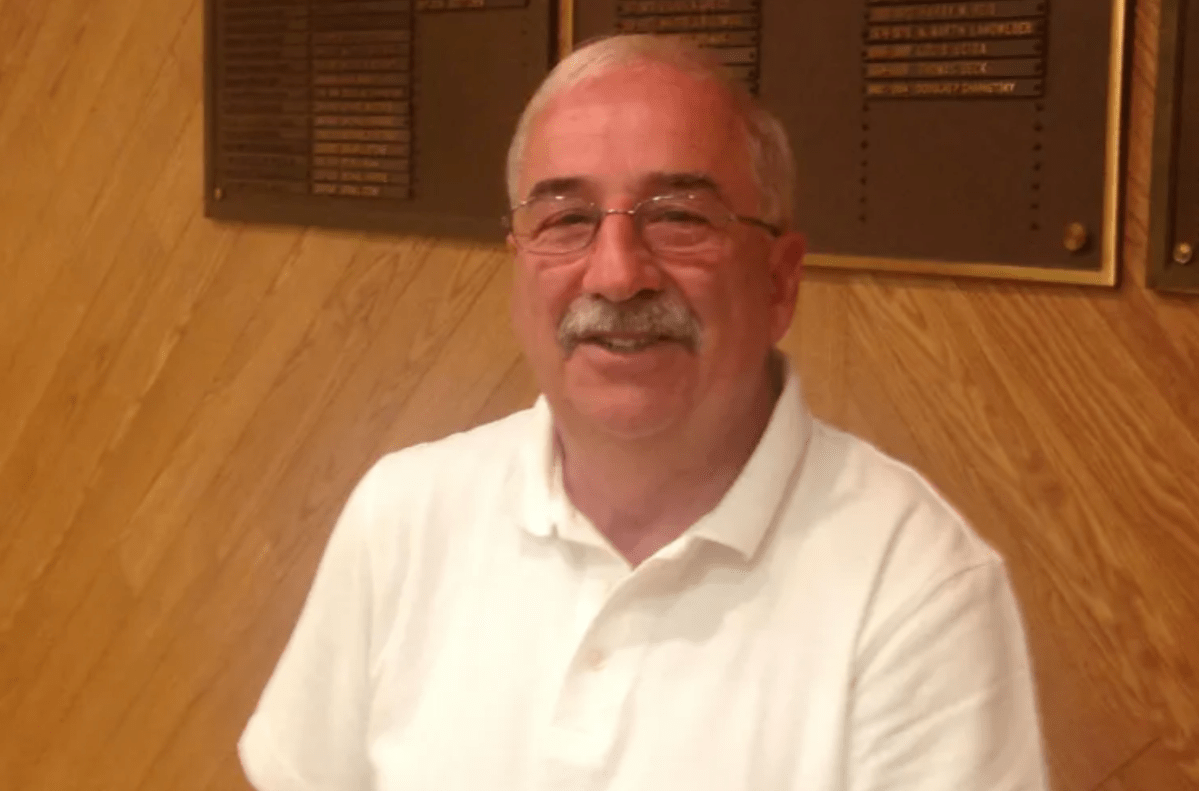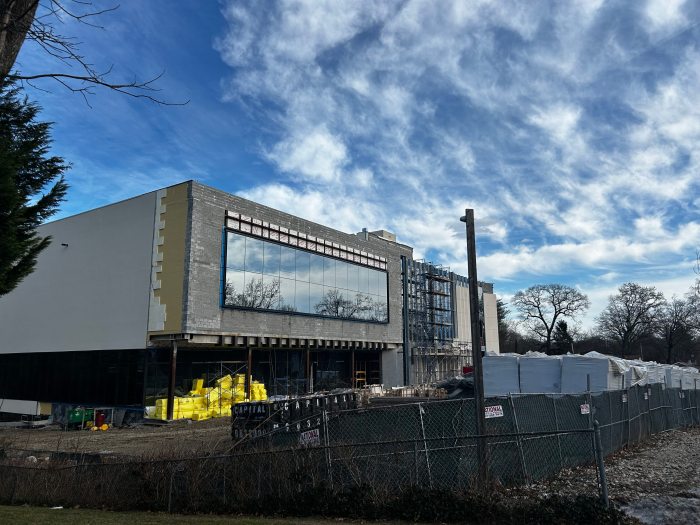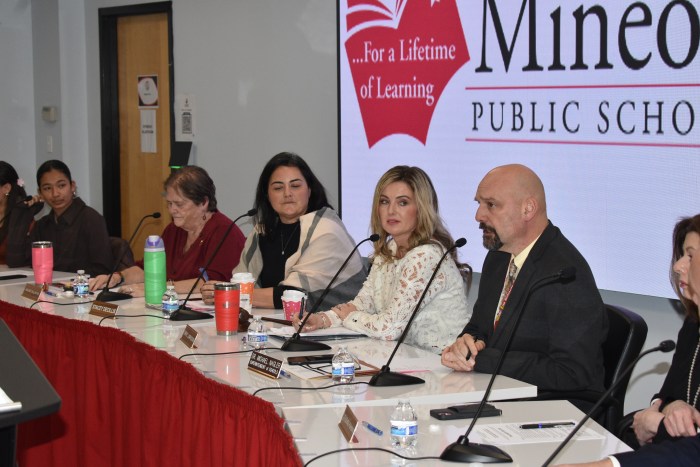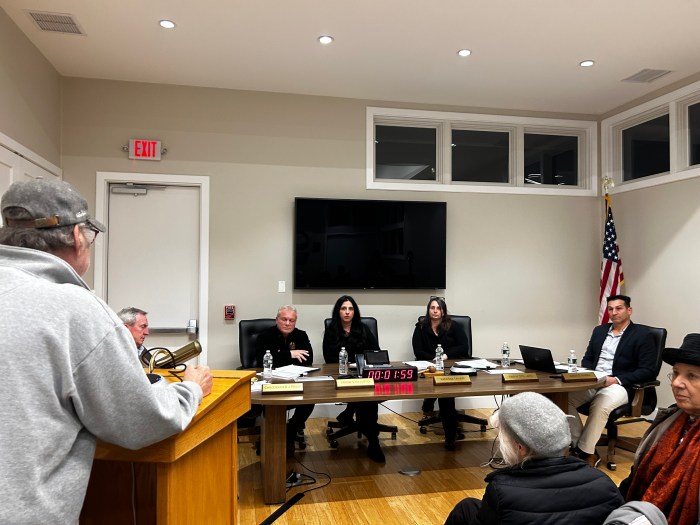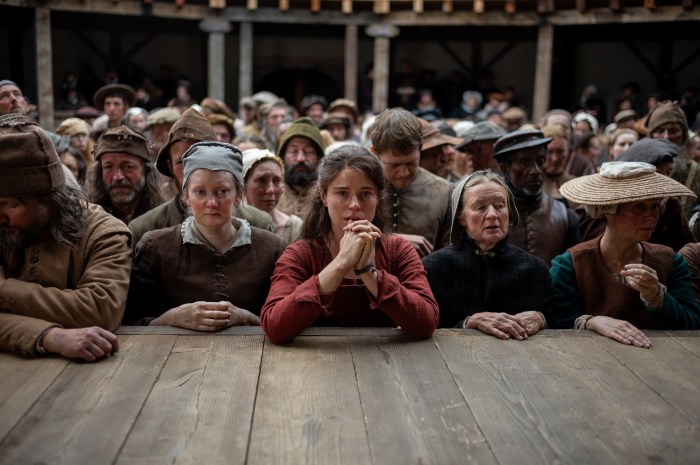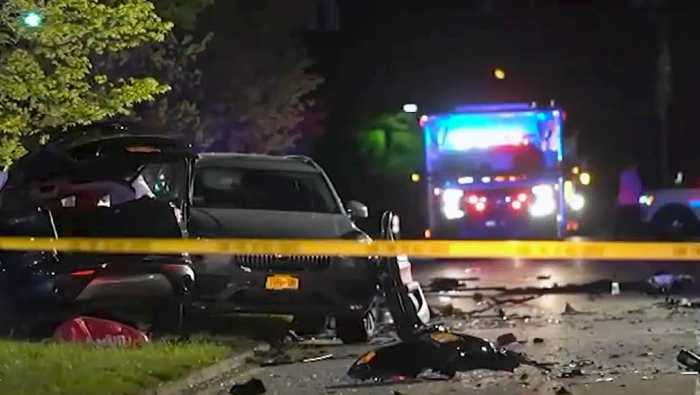Bill Cutrone never thought he’d be a civic association president. Then he attended one Lakeville Estates meeting 10 years ago.
“I got roped into it,” Cutrone laughed. “At that time, a civic was the furthest thing from my mind.”
He attended an association meeting during a transitional period for the Lakeville Estates and North Lakeville Civic Associations, which were merging to form the present-day Lakeville Estates Civic Association.
“I had just gone to one meeting, and they asked me if I could be the sergeant of arms,” Cutrone said. “I said, ‘Yes, as long as I don’t have to go to meetings and I don’t have to do anything.’”
“They said yes,” Cutrone continued, chuckling. “Five minutes later, the president resigned, and there was nobody else. That’s how I became president.”
Cutrone, who has lived around the Floral Park area bordering Queens and Nassau his whole life, has worked in the delivery industry for decades. Though he said he is a truck driver, not a politician, he has more than completely embraced the role as a community leader over the past decade.
“I live in the area, so I want the best for our community,” Cutrone said. “We’re one of the few unincorporated areas. We never had anybody representing our areas.”
“Villages are easier for [political] preference. Most of the elected officials were from the North Shore,” Cutrone said. “We were at the bottom because we’re out on the borderline with the Town of Hempstead, so the services weren’t there for us. Few people realized who we were.”
A powerful civic association can convince politicians to care about areas, issues and people they otherwise would not, Cutrone said.
He said he and his now more than 1,300-household membership have successfully advocated for road repavement, beautification and for local, state and federal politicians to listen to the concerns of residents in the 11040 zip code.
“We were growing in numbers. When people see numbers, they see votes,” Cutrone said. “When we got to the point of 1,350 homes that were paid members in one year, elected officials were calling us and saying, ‘Hey, listen, we’d like to come to one of your meetings.’”
Cutrone said the group has pushed for services to be provided equitably to the unincorporated area they represent.
“There is a goal to protect where you live and to make sure that you are provided the services that you should be getting, that other people are getting,” Cutrone said. “All the civic leaders have asked for meetings with the supervisor’s office, with the highway department, so that we can tell them about the specific problems that we have, which they are not aware of because they don’t live there.”
He said the association has worked to convince town Council members, county executives and state Assembly members to better serve the area, making them aware of dangerous roads and sidewalks that need fixing, unmet watering needs and other issues people are facing.
“We live here. So, we want you to know who we are,” Cutrone said. “We want to know who you are so that if there’s a general need, whether it be a sidewalk that you can’t get repaired, or water issue or downed tree limb, then our job is to get in touch with the town or the village and just let them know, ‘Hey, this person is having this problem, and it hasn’t been rectified. Can you help us or help them?’”
That type of power takes a long time to build – and is critical if a community wants its voice heard, Cutrone said. It’s why he said he won’t step down from the role, even though he may want to, until there’s someone he and his board trust to lead the organization.
“I’m here until I know that whoever I leave behind is going to continue,” Cutrone said. “They don’t have to continue in my fashion…As long as I know it’s going to go in the same direction and not dissolve.”
“I keep asking, and I keep thinking that we’re going to have somebody move up to that position,” Cutrone continued. “But, because of prior obligations, they can’t, and I’m not going to relinquish [the role] just to let the association go down the tubes like all the other ones have.”
The fact that he’s having difficulty finding someone to fill his shoes speaks to the larger issue of people having less time to devote to community activities and volunteering now than ever before, as harsh economic conditions and increased individualization push people apart.
“There’s not a lack of interest, but there’s a lack of people being able to help out,” Cutrone said. “Now you have people working two jobs, or you have a husband and wife both working, so they don’t have time for this. They’re running to their children’s activities, which precedes everything.”
“Whatever downtime people have, they try to give back to the community, so we have mostly older people. We are getting some of the younger people to help out with different projects,” he continued. “But they can’t come back and help us with the next project. So we have to find new people.”
That trend has led a number of civic associations in the surrounding area, like Garden City Park’s and Manhasset Hill’s, to fold in recent years, Cutrone said. His civic has absorbed those within the 11040 zip code, meaning it advocates for a broader area and draws power in numbers from more than just Lakeville Estates.
“Lakeville Estates started just from Union Turnpike to Hillside Avenue, and the city line to New High Park Road,” Cutrone said. “Other civic members from outside that area said, ‘Hey, we don’t have a civic anymore. Can we join yours?”
“That’s how we took over parts of the village of New High Park, Manhasset Hills, [Baldwin] Oaks and Garden City Park,” he continued. “They realized there were things that they wanted done and they didn’t have the numbers, they didn’t have the money.”
Cutrone has ensured that growth hasn’t decentralized the civic’s local focus. Instead, it has expanded street-level advocacy to more places.
“We ask people from other areas to join the board so that that area has representation,” he said. “By having board members who live in different parts of the community, they make us aware of what needs to be done or what they would like.”
Lakeville Estates also provides residents with plenty of services and support outside of the political arena. Cutrone said the civic typically donates tens of thousands of dollars annually to local charities and food banks while holding events like shredding services, prescription drug collection, road cleanups, and veterans support. It has also planted dozens of trees and flower pots across the area, Cutrone said, perpetually working toward their goal of beautification.
The association has donated over $130,000 to organizations like Tunnel to Towers and the Ronald McDonald House, and held dozens of events. This work is equally important to their political advocacy, Cutrone said, as these services frequently fill a gap that no one else is working to close.
He emphasized the importance of younger people getting involved with civic activities.
“A lot of the board members have been doing this for like, 30 years, and they’re tired, burnt out,” Cutrone said. “Some of them moved away. Some of them died. We needed to get new members, or else it’s going to dissolve, like so many other ones.”
“This is their community. They live here,” Cutrone said of younger people. “If more people come to our meetings, the elected officials see this. They realize that they need to do something here because that’s a lot of votes. The bottom line is, every elected official needs votes, and they need to hear what the community’s heart and our soul is.”
The civic’s next event is a free 7 p.m. concert on July 31 at Michael Tully Park.




